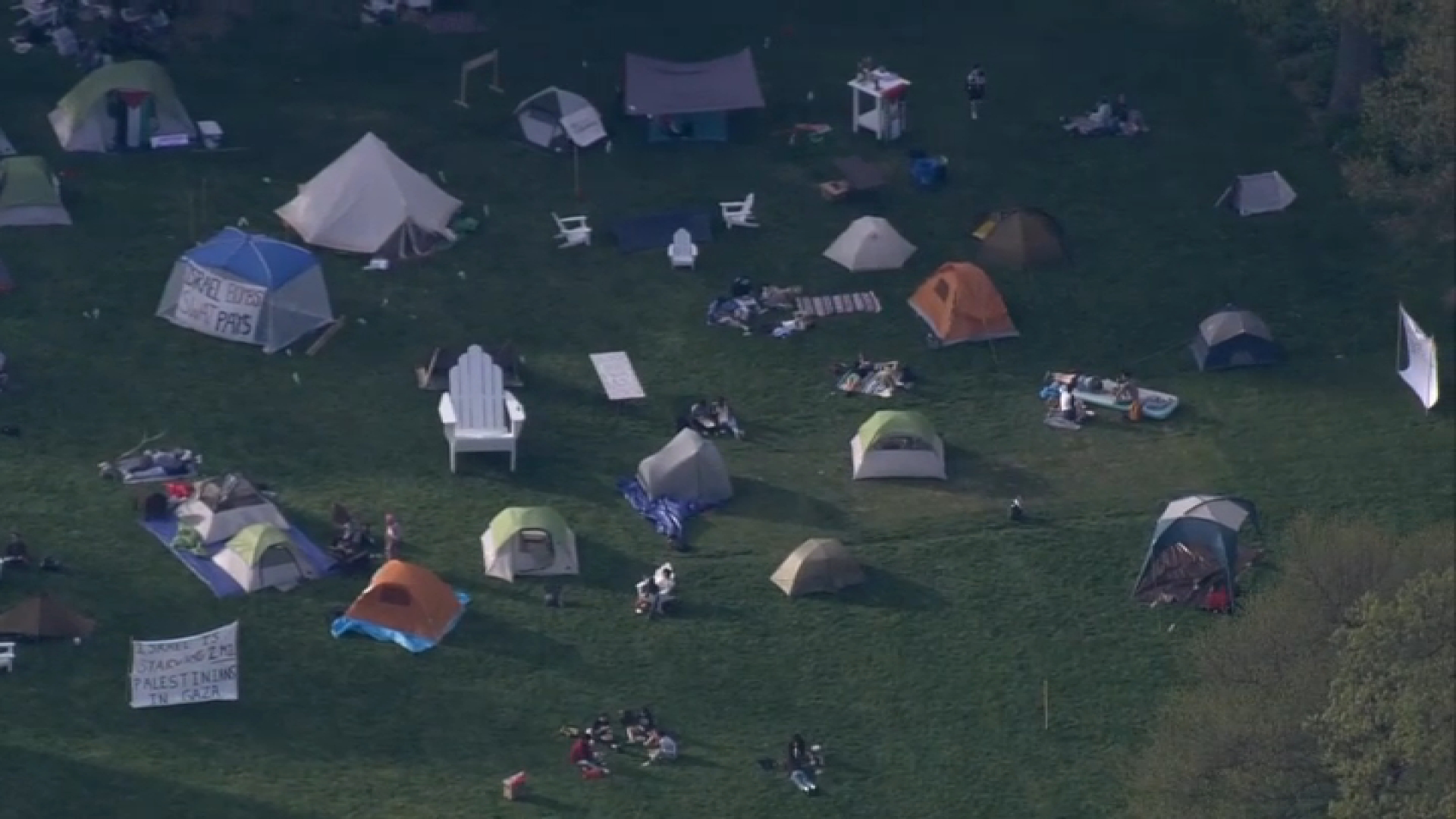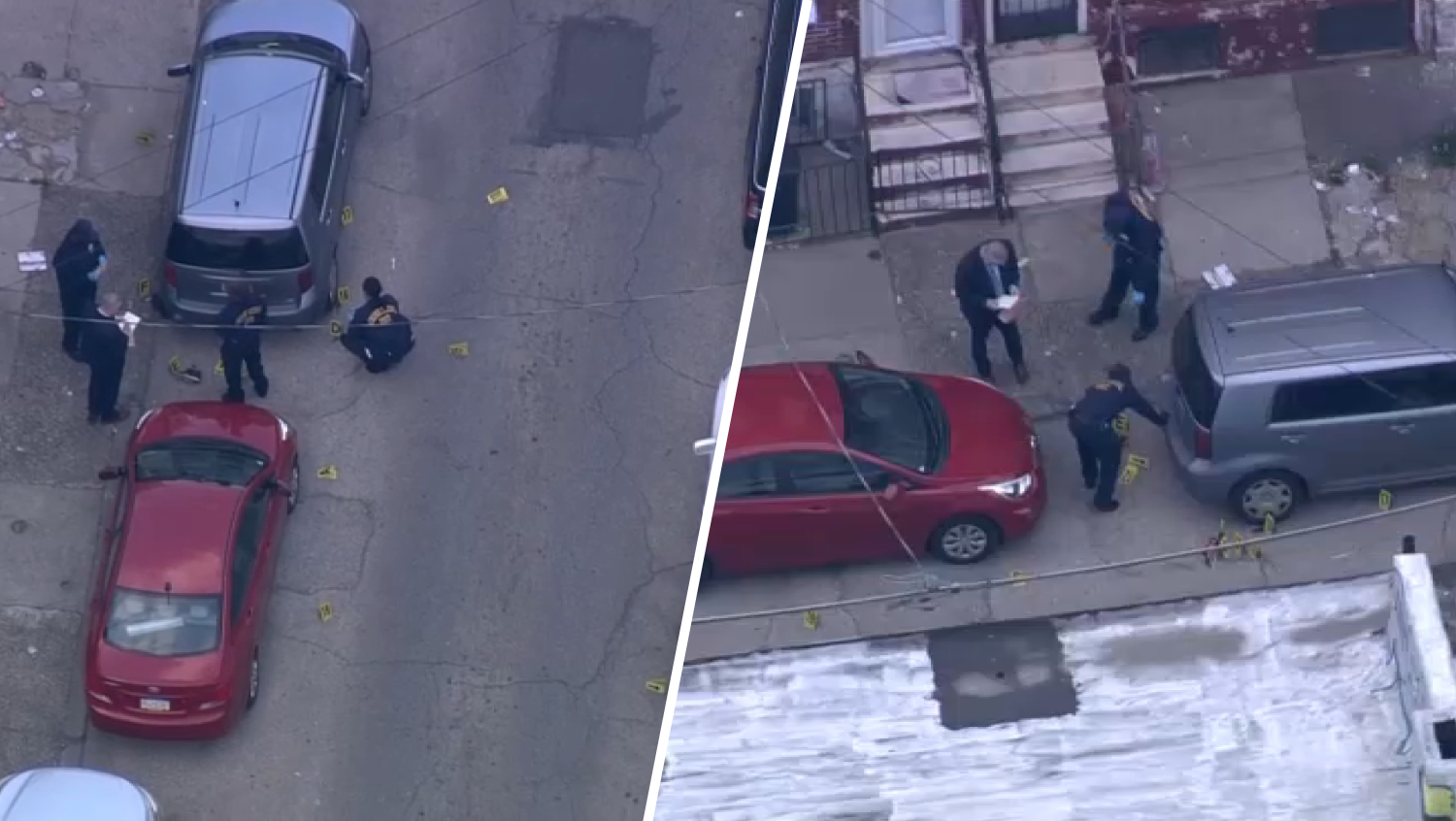Pennsylvania's highest court on Thursday revived a lawsuit that claims the state is failing in its obligation to students, a case that could eventually have a dramatic effect on the shape of public education in the state.
The Supreme Court's 5-2 ruling reversed a decision by a lower court that in 2015 had thrown out the challenge to how schools are funded.
The case now returns to Commonwealth Court, which had dismissed it unanimously on grounds the litigation raised political questions that were not appropriate for the judiciary to settle.
The majority opinion by Justice David Wecht said courts should not duck their responsibility to monitor the General Assembly's decisions, both concerning the state constitution's requirement of a through and efficient education and the lawsuit's allegations that poorer districts are being discriminated against.
"It remains for (the) petitioners to substantiate and elucidate the classification at issue and to establish the nature of the right to education, if any, to determine what standard of review the lower court must employ to evaluate their challenge," Wecht wrote. "But (the) petitioners are entitled to do so."
The case was brought by school districts, parents, students and others against the Board of Education, the Education Department and education secretary, the governor, the House speaker and the Senate president pro tempore.
In a dissent , Chief Justice Thomas Saylor said legislation enacted by the General Assembly — such as the funding system of public schools — is presumed to be valid and should only be overturned if it clearly violates the state constitution.
Local
Breaking news and the stories that matter to your neighborhood.
He said Pennsylvania courts have historically been reluctant to side with complaints that the General Assembly has failed to fulfill its educational obligations, and noted that school standards involve a range of considerations.
"Because the General Assembly is institutionally better suited to understand and respond to those concerns than the judiciary, academic standards, which necessarily must change over time, do not provide a judicially manageable mechanism for oversight," Saylor wrote.
Gov. Tom Wolf, a Democrat, cheered the decision as a way to ensure access to a fair education system.
"While we have made progress to invest hundreds of millions more in our schools and enact a fair funding formula that takes into account the needs of students in their districts, we know more must be done," Wolf said. "This ruling validates my long-held position that the commonwealth must further examine the equity and adequacy of public school funding."
The decision overturns more than 150 years of court decisions, said Steve Miskin, spokesman for House Speaker Mike Turzai, R-Allegheny, a defendant.
"You have a court that is not just trying to interpret the law, but they're trying to legislate," Miskin said.
Jennifer Clarke, executive director for the Public Interest Law Center, part of the legal team that represents the plaintiffs, said the decision could result in better public education in Pennsylvania.
"It gives the children a chance to have their day in court and present evidence," Clarke said. "And what this is saying is, this is a constitutional right, this is a constitutional mandate — it's not a political question."
The non-federal share of money for Pennsylvania schools comes from a combination of property taxes set by local school districts and the state's support, negotiated between the Legislature and governor. The total funding, and the amount available for particular districts, can fluctuate from year to year.
"Even low-wealth districts that impose substantially higher tax rates on their property cannot generate close to as much tax revenue per student as districts with substantially higher property values," Wecht wrote.
The lawsuit claims there are wide disparities among districts in the ability to provide individualized instruction for those who need it, teacher-student ratios, availability of programs such as art and foreign languages, the range of learning materials and the quality and maintenance of facilities, Wecht wrote.
The plaintiffs include the Pennsylvania Association of Rural and Small Schools, the NAACP Pennsylvania State Conference and six school districts: William Penn, Panther Valley, Lancaster, Greater Johnstown, Wilkes-Barre Area and Shenandoah Valley.



